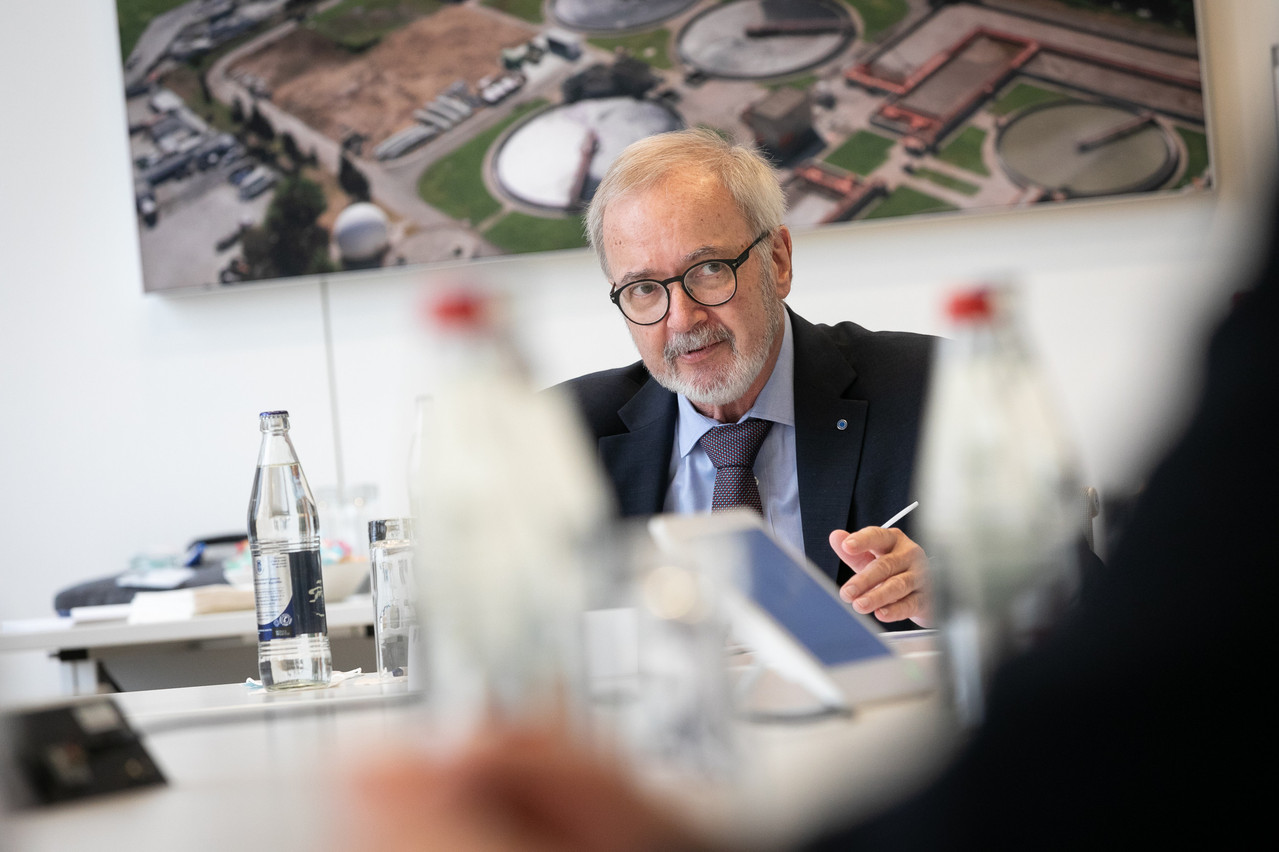Last month, the European Investment Bank (EIB) signed its biggest loan yet with Bangladesh amounting to €250m to procure covid-19 vaccines through the Covax facility and to boost nation-wide vaccinations including for Rohingya refugees in the country.
The loan granted to the public sector is one of many projects undertaken by so-called Team Europe partners to support the roll-out of vaccinations in Bangladesh. Last year alone, the bank provided almost €9bn in financing for projects outside the EU--over €70bn in the last 10 years--including in Bangladesh. Previous loans in the country have supported railway and water projects to name a few.
“Working with other EU organisations, countries, and partners as part of Team Europe magnifies our impact and the difference we can make towards global challenges like the covid pandemic and climate change,” said EIB president, Werner Hoyer.
At the level of Luxembourg, about 15% of its official development aid goes toward strengthening the resilience of global health systems, a priority accentuated in the context of covid-19, explained Luxembourg’s minister for development cooperation and humanitarian affairs, Franz Fayot.
The grand duchy’s activities in Bangladesh involve several close collaborations with four Luxembourg-based NGOs active locally including Friendship, Caritas, Christian Solidarity International and Ecpat, with about €14.6m earmarked for a variety of projects in different areas--education, health and sanitation, advocacy, empowerment, agriculture, poverty alleviation and more--by these institutions between 2019 and 2025.
Friendship Luxembourg’s projects, for example, have helped provide logistical support in the rollout of vaccines and enhanced vaccination campaigns in marginalised communities and even in the most remote areas--such as the flood-prone river islands of Bangladesh--thanks to its vast network of volunteers it has gathered over the years. The organisation, which began operations in the country in 2002 with a floating hospital serving thousands of people, now also operates medical stations across the country.
Combined, these efforts by the different players in Bangladesh have helped achieved remarkable feats in its vaccination efforts. Despite local socio-economic challenges, over 70% of the Bangladeshi population of about 170 million people have received the first dose and more than half of the population have taken the second jab, the ambassador of Bangladesh to the European Union, Mahbub Hassan Saleh, pointed out.
“This is not a success story of Bangladesh only. It is a success story of how a partnership between a country and the EU can transform and contribute significantly to the development journey of [the] country.” He further explained that the relations with Bangladesh is a classic example of a transition from “aid to trade” in international development. Over 50% of the country’s exports goes to EU member states. By 2026, the country will exit the group of least-developed countries.
Marc Elvinger, chairman of Friendship Luxembourg, underlined the importance of affordable vaccines, but also emphasised the role that logistical support plays in the rollout of vaccines in the field. “The fact that schools could open again is also because of the effect of [widespread] vaccinations in Bangladesh,” he noted.
“Friendship today could not have been possible without the kind of partnership we have had with the government of Luxembourg… this trust [with Luxembourg] helped us fill in the gaps,” explained Friendship Bangladesh founder and executive director, Runa Khan.
The project supported by the EIB loan will be implemented until 2024.


















